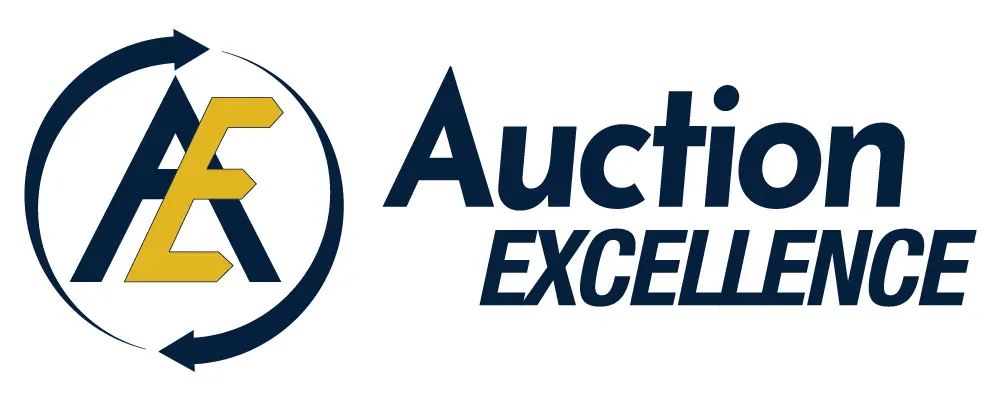Automotive News: February 22 – March 7, 2025

Honda’s Shift in Hydrogen Fuel Cell Strategy
Honda announced a strategic move to independently develop its next-generation hydrogen fuel cell technology, ending its collaboration with General Motors. This decision underscores Honda’s commitment to advancing fuel cell technology and reflects the evolving dynamics of automotive industry partnerships.
Source: https://autodrive.com.bd/posts/honda-develops-new-hydrogen-fuel-cell
Microeconomic Impacts:
- Increased R&D Costs: Honda must invest heavily in fuel cell research after splitting from GM, which could raise costs in the short term.
- Competitive Differentiation: Honda’s proprietary hydrogen technology could strengthen brand positioning and create new revenue streams.
- Supply Chain Adjustments: Honda may need new suppliers and manufacturing adjustments to support independent fuel cell development.
Macroeconomic Impacts:
- Hydrogen Fuel Market Expansion: Honda’s decision may accelerate investment in alternative fuel infrastructure, benefiting the renewable energy and auto sectors.
- Impact on Partnerships: This shift weakens GM-Honda collaboration, which may alter global hydrogen vehicle market trends.
- Job Creation & Market Shift: Increased investment in hydrogen technology may create jobs in engineering, energy, and manufacturing.
Asbury Automotive Group’s Acquisition of Herb Chambers Companies
Asbury Automotive Group revealed plans to acquire Herb Chambers Companies in a landmark $1.34 billion deal. This acquisition includes 33 dealerships, 52 franchises, and three collision centers, marking a significant expansion for Asbury in the dealership landscape.
Microeconomic Impacts:
- Increased Market Share: Asbury gains a stronger presence in the Northeastern U.S. with 33 dealerships and 52 franchises.
- Economies of Scale: The acquisition allows Asbury to leverage bulk purchasing, streamline operations, and improve profitability.
- Brand Consolidation & Integration Risks: Merging two dealership networks may create short-term operational challenges.
Macroeconomic Impacts:
- Industry Consolidation: The dealer consolidation trend continues, reducing competition in some markets.
- Job Market Effects: Potential job redundancies in administrative roles, but possible job creation in expanded dealership operations.
Isuzu’s Plans to Expand Manufacturing in North America
Isuzu disclosed intentions to broaden its manufacturing footprint in North America by establishing a new production facility in South Carolina. This expansion aims to bolster Isuzu’s presence in the commercial truck market, though there are no current plans to produce passenger vehicles at this facility.
Microeconomic Impacts:
- Increased Production Capacity: Isuzu strengthens its commercial truck business, improving U.S. supply chain resilience.
- Reduced Import Costs: Local production lowers logistics costs and tariff exposure for Isuzu’s vehicles.
- New Supplier Contracts: Growth in local supplier partnerships benefits regional manufacturers.
Macroeconomic Impacts:
- Job Creation & Economic Boost: New plant creates jobs in manufacturing, logistics, and maintenance.
- Strengthening Domestic Auto Manufacturing: Isuzu’s move reinforces the trend of foreign automakers investing in U.S. production.
- Increased Regional Economic Activity: South Carolina’s automotive economy grows, potentially attracting more industry investments.
Key Takeaways:
- Strategic Shifts & Market Growth: Companies like Honda and Isuzu are reshaping industry trends through fuel cell innovation and U.S. expansion.
- Industry Consolidation & Market Power: Asbury’s acquisition shows how larger dealership networks are dominating regional markets.
